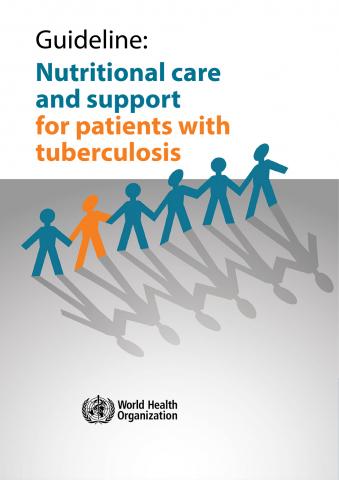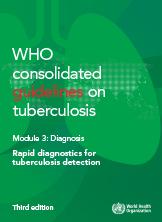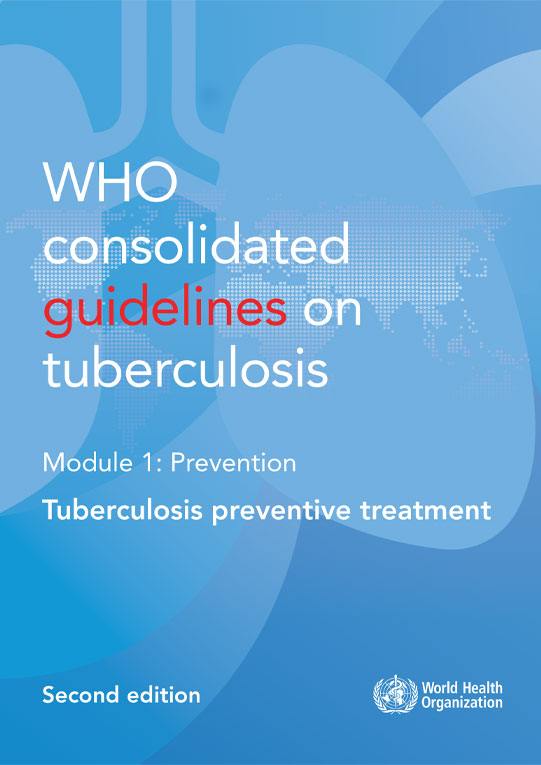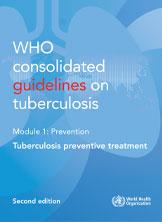Definitions
Note: The definitions listed below apply to the terms as used in these guidelines. They may have different meanings in other contexts.
Active case finding (ACF): is synonymous with systematic screening for tuberculosis (TB) disease, although usually implemented outside a health facility.
Adolescent: is a person aged 10–19 years.
Adult: is a person aged > 19 years.
 Feedback
Feedback


